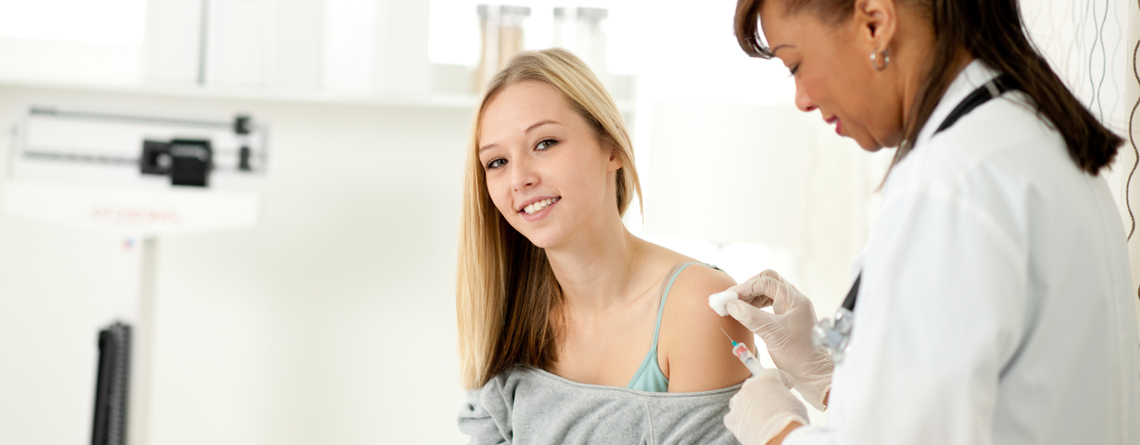Articles with relevant information for OB/GYNs
Undescended Testicles and the Use of Ultrasound
Cryptorchidism or undescended testis (UDT) is the most common urological birth defect, occurring in 1 in 33 live male births. The most important reasons for surgical treatment of cryptorchidism include increased risks of testicular malignancy, infertility, testis torsion and/or inguinal hernia. The current standard of treatment for any UDT that fails to spontaneously descend by 6 months of age in the United States is orchidopexy (surgery to reposition the testis to the scrotum). Evaluation of UDT includes a thorough gestational...











